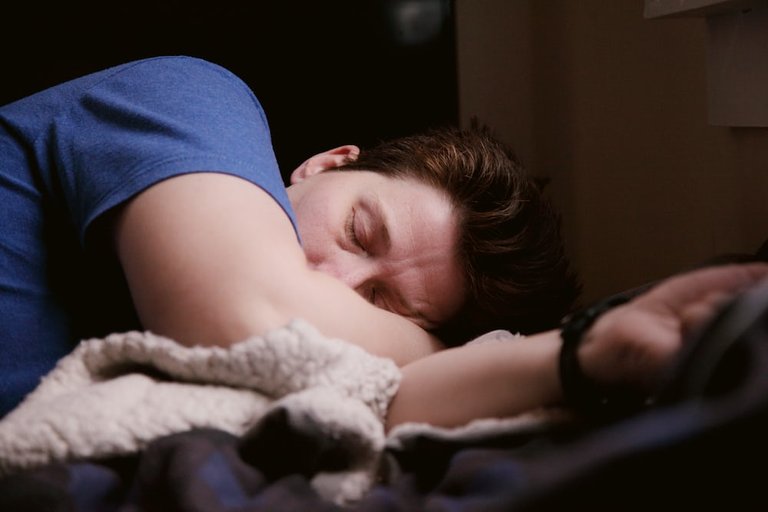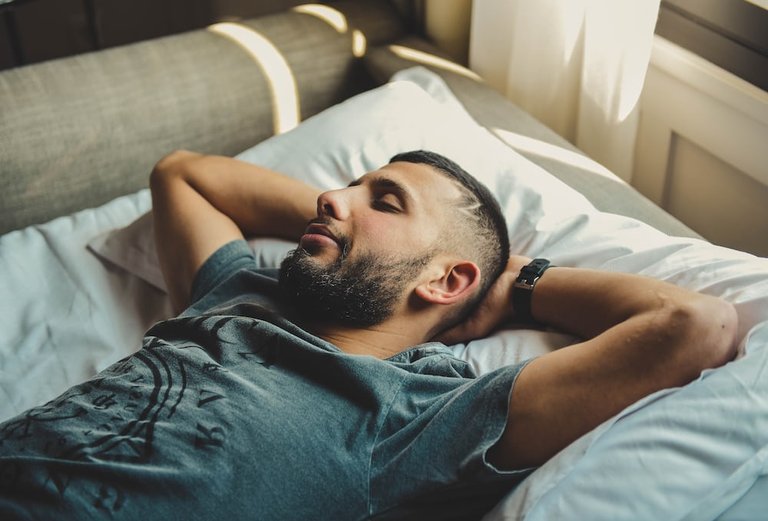In-depth Study about Sleeping Disorders
Sleep is a fundamental aspect of our daily lives, essential for physical and mental health, yet many individuals struggle with sleep disorders that disrupt their ability to enjoy restful nights. These conditions, collectively known as sleeping disorders, encompass a wide range of issues that can affect anyone, regardless of age, gender, or lifestyle.
When we talk about sleep disorders, they are medical conditions that interfere with a person's regular sleep pattern. They can lead to inadequate or poor-quality sleep, ultimately affecting one's overall well-being. Most of the time people tend to confuse sleep disorders with insomnia, they are two different things. Insomnia is just one example of a sleeping disorder and not the only one.


While there are numerous types of sleep disorders, they can be broadly categorized into several main groups:
- . Insomnia: Insomnia is characterized by difficulty falling asleep or staying asleep, or waking up too early and being unable to go back to sleep. This condition can be caused by stress, anxiety, depression, or other underlying medical issues.
- . Sleep Apnea: Sleep apnea is a disorder in which a person's breathing repeatedly stops and starts during sleep. This can lead to loud snoring, daytime fatigue, and even serious health issues if left untreated.
- . Narcolepsy: Narcolepsy is a neurological disorder that causes sudden and uncontrollable bouts of sleepiness during the day. People with narcolepsy may experience cataplexy (sudden muscle weakness) and vivid dreams during rapid eye movement (REM) sleep.
- . Restless Leg Syndrome (RLS): RLS is characterized by an irresistible urge to move the legs, often accompanied by uncomfortable sensations. This can interfere with falling asleep or staying asleep.

Common Causes and Risk Factors

The causes of sleep disorders vary depending on the type. In some cases, there can be common causes among the various types of sleep disorders and some common factors include:
- Stress and Anxiety: High levels of stress or anxiety can lead to insomnia and exacerbate other sleep disorders.
- Medical Conditions: Underlying medical conditions like obesity, heart disease, diabetes, and neurological disorders can contribute to sleep disturbances.
- Lifestyle Factors: Poor sleep habits, irregular work schedules, excessive caffeine or alcohol consumption, and lack of physical activity can all negatively impact sleep.
- Genetics: Some sleep disorders, such as narcolepsy, have a genetic component, making certain individuals more predisposed to them.
- Age: As we age, our sleep patterns may change, leading to an increased risk of sleep disorders.

Symptoms and Treatment Options

The symptoms of sleep disorders can be diverse, ranging from excessive daytime sleepiness and irritability to difficulty concentrating and impaired memory. Each disorder has its unique set of symptoms, which should be discussed with a healthcare professional for an accurate diagnosis.
When it comes to the treatment for sleep disorders, they vary depending on the specific condition but may include:
- . Lifestyle Modifications: Improving sleep hygiene by establishing a consistent sleep schedule, creating a comfortable sleep environment, and avoiding stimulants can often alleviate mild sleep problems.
- . Medications: Some sleep disorders may require medication, such as sleep aids for insomnia or continuous positive airway pressure (CPAP) devices for sleep apnea.
- . Cognitive Behavioral Therapy (CBT): CBT can be effective in addressing the underlying causes of sleep disorders, particularly in cases of insomnia.
- . Surgery: In severe cases of sleep apnea, surgical interventions may be necessary to correct airway obstructions.

Conclusion
Sleep disorders are a prevalent but often misunderstood aspect of many people's lives. Recognizing the signs and symptoms, seeking professional help, and making necessary lifestyle changes are crucial steps toward achieving better sleep quality and overall well-being. If you suspect you have a sleep disorder, consult with a healthcare provider who can guide you towards the most suitable treatment options and help you regain control over your sleep.
Yay! 🤗
Your content has been boosted with Ecency Points, by @biyimi.
Use Ecency daily to boost your growth on platform!
Support Ecency
Vote for new Proposal
Delegate HP and earn more
Thanks for your contribution to the STEMsocial community. Feel free to join us on discord to get to know the rest of us!
Please consider delegating to the @stemsocial account (85% of the curation rewards are returned).
Thanks for including @stemsocial as a beneficiary, which gives you stronger support.
Please what kind of surgical intervention are used for correcting sleep disorders. Thank you for this wonderful write up about sleep and how it can be altered and affect out mental, physical and emotional health. I'm usually not worried about sleep because it's natural for me. I sleep whenever I want to sleep, even when I don't want it, I still sleep but I had friends then that suffered a lot from this problem and I feel bad for them at all time I see them in that mood. Sleep disorder is actually a mental issues that needs serious attention although it's been neglected by people because they felt it's normal. Thank you once again for this dose again
Thank you for stopping by. Actually I wouldn't recommend surgical intervention. The best thing is to take medications
Yeah
Because I was actually thinking about the options for surgical procedure for sleep disorders